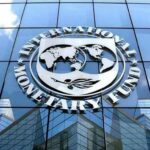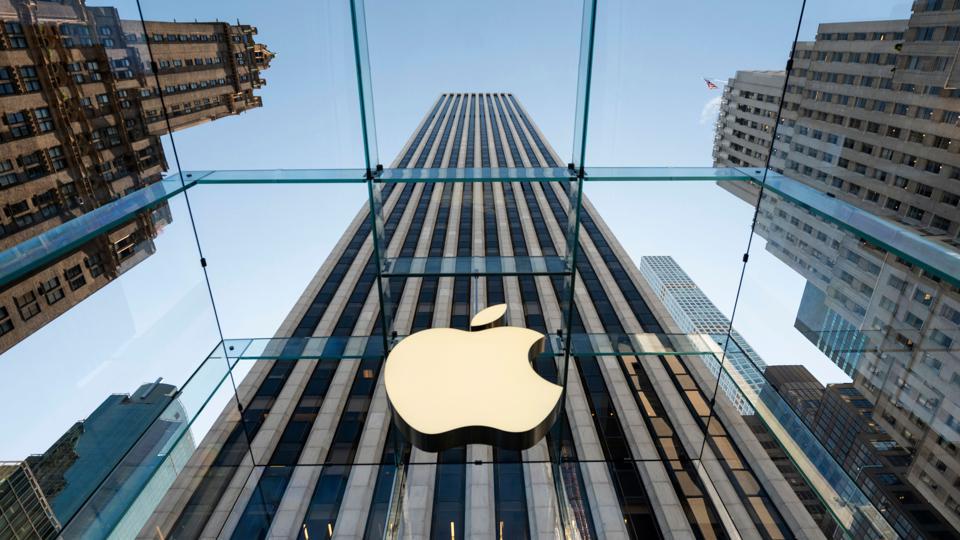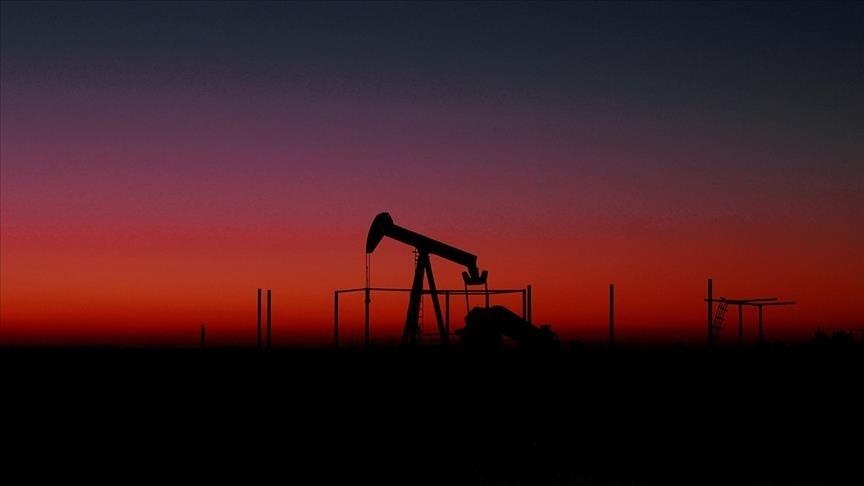Apple to pay $95M to settle claims of Siri eavesdropping on customers
Apple has agreed to pay $95 million to settle a civil lawsuit that alleges the privacy-focused company used its virtual assistant Siri to eavesdrop on people using its iPhones and other popular devices. The proposed settlement, which was filed Tuesday in a federal court in Oakland, California, would resolve a five-year-old lawsuit alleging that Apple secretly activated Siri to record conversations for over a decade, CBS News reported Thursday. Apple is not acknowledging any wrongdoing in the settlement, which still requires approval from US District Judge Jeffrey White. Lawyers involved in the case have proposed holding a court hearing in Oakland on Feb.14 to review the terms. If approved, the settlement would allow tens of millions of consumers who owned iPhones and other Apple devices between Sept. 17, 2014 and the end of last year to file claims. Each eligible consumer could receive up to $20 per Siri-enabled device covered by the settlement, though the payment amount may vary depending on the number of claims submitted. Court documents estimate that only 3% to 5% of eligible consumers are likely to file claims. Eligible consumers will be restricted to seeking compensation for a maximum of five devices.
Tullow oil wins ICC ruling, exempt from $320m tax in Ghana
Following an ICC ruling, Tullow Oil has avoided a $320 million tax bill on its Ghana operations.
Ivorian Cocoa smuggling to Guinea hits 50,000 tons in Q4 2024
The sharp rise in cocoa prices last year has provided an added incentive for smugglers
New oil exploration licenses to be offered in Uganda
Uganda’s Energy Minister announced plans to launch a third oil exploration licensing round in the 2025/2026 fiscal year.
Uganda to launch third oil licensing round in 2025/26
Uganda first discovered crude oil in the Albertine Graben basin near the border with the Democratic Republic of Congo nearly two decades ago
First gas flows from BP’s GTA project in Senegal and Mauritania
Greater Tortue Ahmeyim (GTA) gas project, developed by BP and partners, has achieved a significant milestone with the production of its first gas in Senegal and Mauritania.
Nigeria to launch credit guarantee company in May
Nigerian President Bola Tinubu has announced plans to establish a National Credit Guarantee Company in May 2025 to enhance credit access for businesses and individuals.
South Sudan aims to restart oil production after pipeline damage
South Sudan, heavily reliant on oil exports, is planning to restart production after the damage to a key pipeline caused by the conflict in Sudan. This move aims to revitalize the country’s economy.
Nigeria revives Warri Refinery, ending years of inactivity
Nigeria has taken a significant step towards energy independence with the resumption of operations at the Warri oil refinery, which has been shut down for nearly a decade.
Sasol cuts Mozambique gas production due to unrest
South African petrochemical company Sasol has reduced gas production in Mozambique due to post-election unrest, impacting gas supply to South Africa.
Egypt’s Suez Canal revenues plunge amidst regional instability
President Abdel Fattah al-Sisi announced that the Suez Canal suffered a significant revenue loss of approximately $7 billion in 2024 due to regional challenges.
Oil markets remain closed on Christmas
The majority of global markets remained closed on Monday due to the Christmas holiday break. The international oil benchmark of Brent crude increased by 1.3% to $73.58 per barrel on Tuesday, up from the previous session’s close of $72.63. The US benchmark West Texas Intermediate also rose by 1.2% to $70.10 per barrel, compared to $69.24 at the close of the prior session. Until the holiday, both benchmarks rose with stronger US economic growth data and expectations that global economic activity will drive oil demand upwards. Also, the US Federal Reserve (Fed) is expected to further ease its policy following lower-than-expected US inflation data. US stock markets closed early on Tuesday and will remain closed on Wednesday. Likewise, European stock markets had a half-day on Tuesday and will not trade on Wednesday. Hong Kong markets are also closed on Wednesday and Thursday, while South Korean markets remained closed on Wednesday.
Russian exporters push for lower costs in Egypt trade
Russian grain exporters are facing challenges in their wheat trade with Egypt due to Western sanctions and the establishment of a new importing agency.
Eskom posts R55 billion loss, yet projects R10 billion profit by 2025
South Africa’s state utility, Eskom, reported a massive R55 billion ($3 billion) loss for the fiscal year ending March 2023, largely due to a one-time charge related to the separation of its transmission unit. Despite this setback, Eskom is optimistic about its future, projecting a R10 billion profit for the fiscal year ending March 2025. The utility is undergoing a major restructuring, splitting into three units—generation, transmission, and distribution—as part of President Cyril Ramaphosa’s 2019 reform plan. Eskom attributed its losses to underperforming coal power stations, unsustainable debt, rising municipal arrears, and insufficient tariffs. On a positive note, Eskom saw a 14% increase in revenue, reaching R295.8 billion for the year ending March 2024. However, sales volumes fell 3% due to 329 days of load-shedding, which has hampered South Africa’s economic growth. In a positive development, Eskom’s power supply has stabilized, with no power cuts in the past nine months, raising hopes for economic recovery. This improvement in reliability has enhanced business confidence, and Eskom is hopeful for a financial turnaround by 2025.
Algeria seeks milling wheat suppliers
While the nominal volume is 50,000 metric tons, Algeria typically purchases larger quantities in such tenders.
France supports swift resolution for Ethiopia’s debt
During his visit to Ethiopia, French President Emmanuel Macron pledged support for the country’s debt restructuring efforts.
France’s Orano files arbitration against Niger over mining dispute
The dispute centers on the Imouraren mine in northern Niger, which holds an estimated 200,000 tonnes of uranium
Joint projects at Morocco-Mauritania summit
Morocco and Mauritania have reiterated their commitment to strengthening bilateral ties and promoting joint strategic projects, including the Afro-Atlantic gas pipeline.
Nigeria opens new oil and gas block bidding
Nigeria is set to auction new oil and gas blocks in 2024, prioritizing natural gas development to support its commitment to sustainable development goals.
Nigeria approves Shell’s $2.4B asset sale to Renaissance
Renaissance welcomed the approval, calling it a key development since the announcement of the sale and purchase agreements earlier this year
Nigeria president forecasts lower inflation 2025
Nigerian President Bola Tinubu has predicted a sharp decline in inflation to around 15 percent in 2025.
West Africa-focused oil producers as Kosmos Energy walks away
The decision comes after the companies entered into early talks for a potential deal that would have created a major player in the West African oil and gas sector.
ECOWAS plans ‘eco’ currency for 2027
The move aims to boost intra-regional trade and reduce trade costs within the West African region.
Zambia nears end of debt restructuring
The deal follows a bilateral agreement with France, the first country to sign under the G20 common framework.
Ethiopia opens banking sector to foreign competition
The move is part of broader reforms under Prime Minister Abiy Ahmed, who has been gradually opening Ethiopia’s tightly regulated economy since taking office in 2018
Cameroon to host WTO ministerial conference in 2026
The World Trade Organization (WTO) has confirmed that its next ministerial conference will be held in Cameroon in early 2026.
Ghana president-elect vows cocoa sector overhaul
Ghana’s president-elect John Dramani Mahama plans major reforms in cocoa sector and regulator to improve farmer profits and efficiency
































